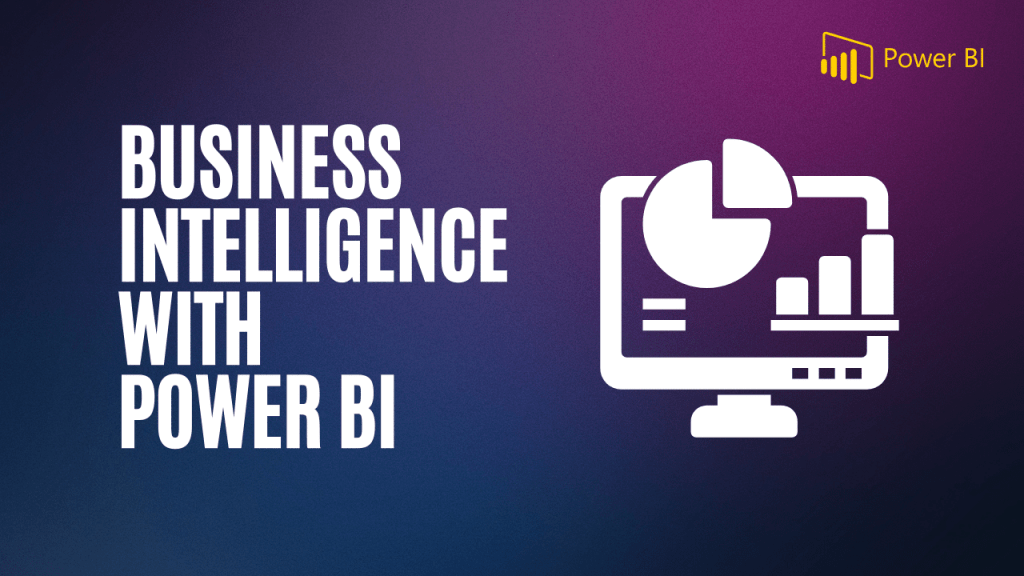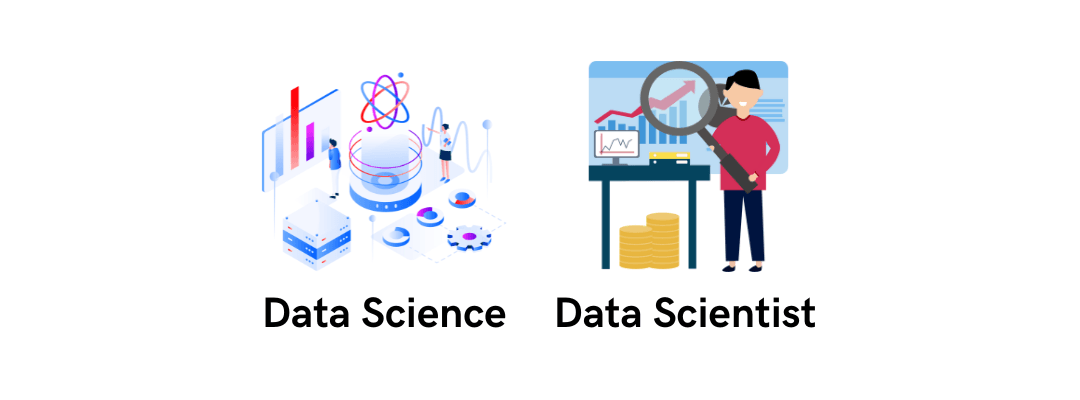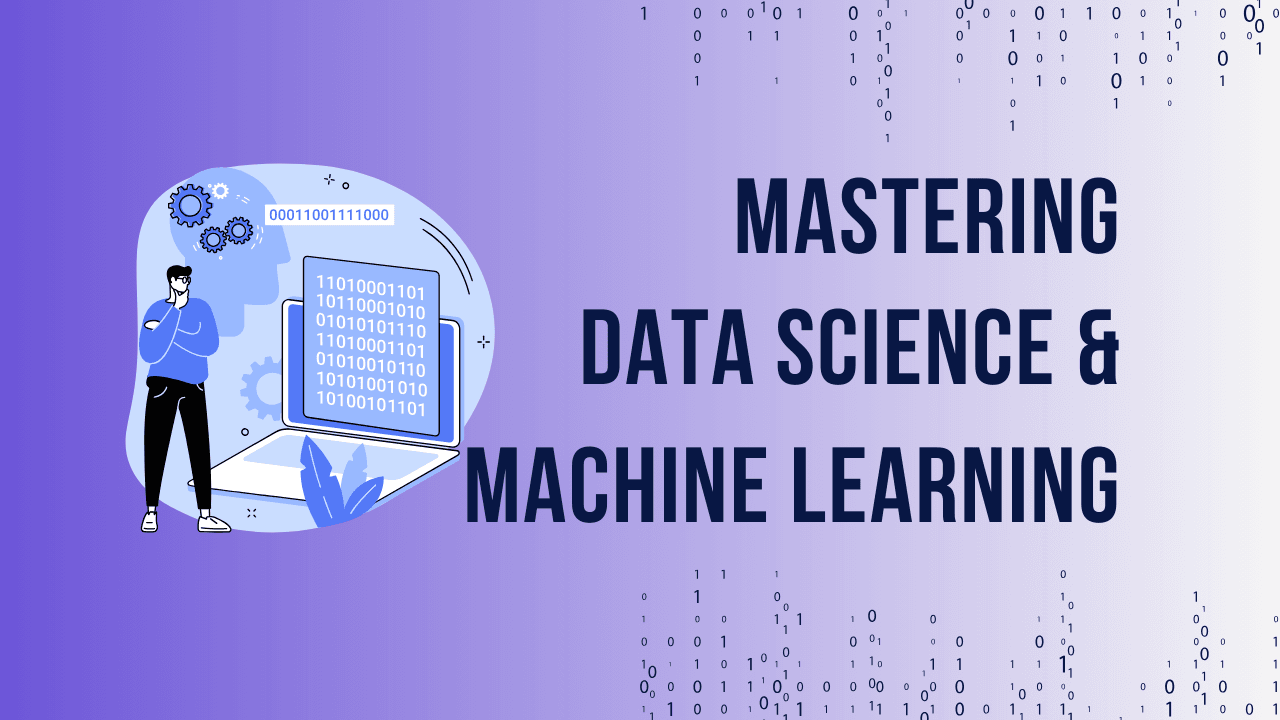Table of Contents
ToggleIntroduction to Data Science and the Role of a Data Scientist
Data science has been one of the most transformative fields of the last decade, and as we move into November 2024, its relevance and demand only continue to grow. But what exactly is data science, and who is a data scientist? In this article, we’ll dive deep into the definitions, responsibilities, and skills that define data science and the role of data scientists today.
The Evolution of Data Science
Data science began as a niche field but quickly evolved into a core function in companies across industries. As the availability of data skyrocketed with the rise of digital platforms, businesses needed experts who could turn vast datasets into actionable insights. This demand gave rise to data scientists, who combine statistics, programming, and domain knowledge to uncover trends and drive decisions.
Unlock Your Business Intelligence Potential with Power BI!


Unlock Your Business Intelligence Potential with Power BI!
What is Data Science?
At its core, data science is a field that uses methods, processes, and algorithms to extract insights from data. It blends tools from statistics, computer science, and domain expertise to address complex problems by analyzing structured and unstructured data.
A Deeper Look into Data Science
Data science is about more than just crunching numbers; it involves working with data at every stage, from collection and cleaning to modeling and interpreting results. The goal is to make informed decisions that can shape business strategies, improve products, or even solve social challenges.
Why Data Science is Important Today
Data has become the “new oil”—a resource that fuels innovation and growth. In 2024, businesses across every industry rely on data science to maintain their competitive edge. From optimizing supply chains to personalizing marketing efforts, data science applications continue to expand rapidly.
What Does a Data Scientist Do?
Data scientists are often called “unicorns” because of their unique blend of skills. They must understand data deeply while also being able to communicate complex findings to non-technical stakeholders.
Key Responsibilities of a Data Scientist
Data scientists have diverse responsibilities, which can vary depending on the industry and the specific role within a company. However, some common tasks include:
Data Collection and Cleaning
Before any analysis can begin, data scientists must gather and clean data to ensure it’s usable. This process, often called “data wrangling,” is essential because messy or incomplete data can lead to incorrect insights.
Data Analysis and Modeling
Once data is ready, data scientists analyze it using statistical methods and machine learning models. They may build predictive models, run A/B tests, or perform exploratory analysis to uncover trends.
Communicating Insights and Recommendations
Perhaps the most critical aspect of a data scientist’s role is to communicate findings in a way that non-technical teams can understand. This might involve data visualization, storytelling, or creating reports for decision-makers.
Skills Required to Become a Data Scientist in 2024
Perhaps the most critical aspect of a data scientist’s role is to communicate findings in a way that non-technical teams can understand. This might involve data visualization, storytelling, or creating reports for decision-makers.
Technical Skills
Data scientists need a solid foundation in a range of technical areas.
- Programming Languages: Python and R are the most commonly used languages in data science.
- Data Manipulation and Analysis Tools: Proficiency in SQL, pandas, and other libraries is crucial.
- Machine Learning and AI: Knowledge of machine learning algorithms and frameworks like TensorFlow and PyTorch is necessary.
- Data Visualization: Tools like Tableau, Power BI, and Matplotlib help data scientists present their findings visually.
- Domain Knowledge: Understanding the industry you work in can greatly enhance the impact of your analysis.
Soft Skills
In addition to technical skills, data scientists must excel in communication and problem-solving.
- Problem Solving and Critical Thinking: Data scientists must think analytically and approach problems creatively.
- Communication and Collaboration: They must be able to explain complex findings to non-technical teams and work collaboratively with colleagues.
Unlock Your Business Intelligence Potential with Power BI!


Unlock Your Business Intelligence Potential with Power BI!
Popular Tools Used in Data Science
Data scientists have a wide array of tools at their disposal, from Python and R for programming to platforms like Apache Spark for big data processing.
The Growing Demand for Data Scientists
The demand for data scientists is increasing as organizations recognize the power of data-driven insights. From tech startups to government agencies, data science skills are in high demand.
Applications of Data Science Across Industries
Data science isn’t limited to one field; its applications span industries.
Healthcare
In healthcare, data science helps improve patient outcomes through predictive models and personalized treatment plans.
Finance
Data scientists in finance help detect fraud, manage risk, and optimize investment strategies.
Retail
Retailers use data science for everything from inventory management to personalized recommendations.
Communicating Insights and Recommendations
In 2024, certifications in data science, such as those from Coursera, edX, and DataCamp, can add credibility and enhance your skills.
Future Trends in Data Science
Data science will continue to evolve, with trends like AI ethics, explainable AI, and advanced natural language processing shaping the field.
FAQs
What is the primary role of a data scientist?
- Data scientists analyze data to provide actionable insights that help guide business decisions.
Is data science only for tech companies?
- No, data science is applied in various industries, including healthcare, finance, retail, and government.
What skills are most in-demand for data scientists?
- Technical skills like programming, data visualization, and machine learning are crucial, along with strong communication skills.
How can I start learning data science?
- You can begin with online courses, bootcamps, or by pursuing a degree in data science or a related field.
Unlock Your Business Intelligence Potential with Power BI!




